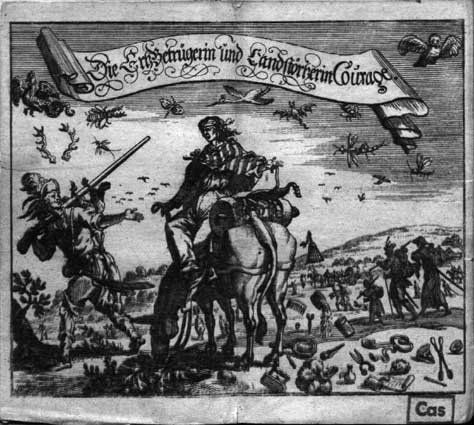Blog 7
This week saw the staging of Bertolt Brecht’s Caucasian Chalk Circle by the UALR Theater Department. In the days before the first performance, many in the class speculated as to which performance would be the best to see – the opening night, closing afternoon, or something in between.
The opening night is always filled with excitement and sets the tone for the future performances. The players wonder if they can really perform the play all the way through without forgetting any lines, and how the audience will react. The audience’s reaction is important to future performances; if the audience does not react in a positive way then the performers are more nervous about the second night. But if the audience gives positive feedback, this encourages the actors to perform to greater heights.
On the other hand, on the final performance the performers are very confident as to their ability to do the play. And since this is the final performance, they know that they can do things that they would normally not be allowed to get away with, such as adlibbing – throwing in extra lines that would not have been approved by the director in advance - Funny little surprises. The closing performance is filled with emotion that this creation is over and gone forever. There is the knowledge that the bonds between the actors that were formed during rehearsals and performance of the play will be struck just like the set after the final cast party.
In this production, with the exception of Grusha, Michael and the Singer, all of the performers were required to play more than one roll. I liked seeing an actor be one character, fade back, and then reappear in a different roll. The set was especially conducive to this because of its construction. The set consisted mainly of a large cube of scaffolding set in the center of the stage supporting a platform. The actors would climb up and down the ironwork to move from venue to venue. One minute the scaffold would be a palace, and the next a mountain pass, then perhaps a court of law. Almost as if by magic, the audience knew whether they were in the midst of a city in revolt, a rugged mountain pass or a quiet country cottage.
Since I attended both the first and the last performance, I was surprised, and perhaps a little disappointed, to find that there was no visible change from the first to the last. There were no major goofs or clowning around; they were both just great performances. From the audience, I heard lots of praise for the new music, the singing, the dance, the set, and the acting. The only mishap that I heard the actors talk about, was on the Saturday performance, one of the actors lost a button from his costume. The button went rolling off of the stage, but it was recovered after the play.
The big problem, which the director and others complained about afterwards, was attendance. There were just not that many people who came to see the play. WHY? Chalk Circle is a major piece of German literature that was written while Brecht was in exile in America. The Literature and History Departments should have required their students to attend.
Of course, the real reason that attendance was low is that there was almost no advertising for this play. Perhaps next year, the Theater Department can involve UALRs Budiness and Marketing Department to take responsibility for advertising and promotion. Then the Theater Department would get their advertising done for free, and the business students could be required by their professors to attend.
Das Berliner Ensamble:
Watch it all the way to the end… it is really Brechtian.








